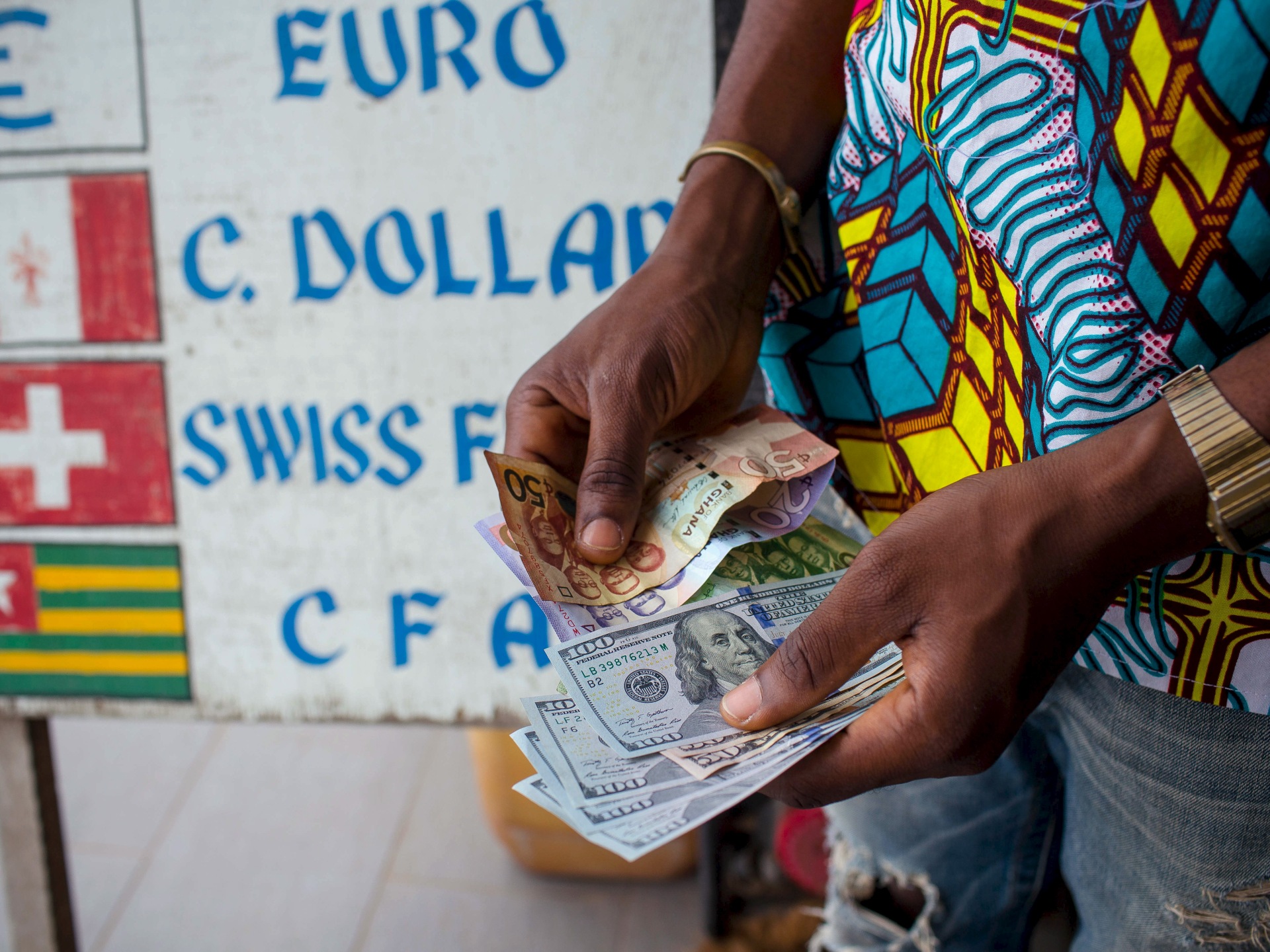Consumer inflation rise comes as the gold, oil and cocoa producer battles its worst economic crisis in a generation.
Ghana’s annual consumer inflation has accelerated to a new 21-year high of 50.3 percent in November, up from 40.4 percent the previous month, driven by utilities, food and fuel.
This is according to data from the Ghana Statistical Service, released on Wednesday.
On Tuesday, the West African nation secured a staff-level agreement with the International Monetary Fund (IMF) for a $3bn, three-year support package. Ghana had approached the IMF in July to ask for financial help after soaring prices and economic hardship spurred street protests.
The West African gold, oil and cocoa producer is battling its worst economic crisis in a generation.
The local cedi currency is down around 40 percent against the dollar this year. It traded at all-time lows in November, before rallying in anticipation of the IMF deal.
Government spending cuts and several central bank interest rate hikes have so far failed to tame inflation.
The government has started restructuring its domestic debt and is discussing a strategy for external debt restructuring, Finance Minister Ken Ofori-Atta said on Tuesday.
Costs rose the most in the category of housing, water, gas and electricity, with prices up 79.1 percent.
Furnishings and household equipment came second at 65.7 percent, followed by transport, including fuel, at 63.1 percent. Food inflation was at 47.9 percent.
Petrol prices have fallen in December as the cedi has strengthened, which could mean less inflationary pressure from the transport category this month.
Transport had the highest month-on-month inflation in November at 12.8 percent.
Early last month, hundreds of people in the capital, Accra, took to the streets in protest over the soaring cost of living. It was the latest in a series of demonstrations this year by citizens who are frustrated by the rampant inflation, price hikes and worsening economic situation.
Rising costs have made it even harder for people to get by in a country where about a quarter of the population lives on less than $2.15 per day, according to the World Bank.
